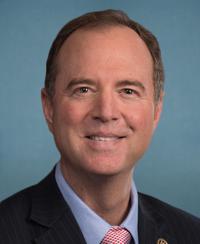0
State-Based Universal Health Care Act of 2023
1/4/2025, 11:17 AM
Summary of Bill HR 6270
Under this bill, states would receive federal funding to help establish and maintain their own universal health care systems. These systems would be required to cover a comprehensive set of health care services, including preventive care, hospital visits, prescription drugs, and mental health services.
The bill also includes provisions to ensure that individuals with pre-existing conditions are not denied coverage, and that premiums are affordable for all residents. Additionally, the bill aims to reduce administrative costs and improve the overall efficiency of the health care system. Supporters of the bill argue that state-based universal health care systems would provide better access to care for all residents, reduce overall health care costs, and improve health outcomes. Critics, however, raise concerns about the potential costs of implementing such a system and the impact it could have on the quality of care. Overall, the State-Based Universal Health Care Act of 2023 seeks to give states the flexibility to design their own health care systems while ensuring that all residents have access to affordable, comprehensive care.
Congressional Summary of HR 6270
State-Based Universal Health Care Act of 2023
This bill establishes the option for states, or groups of states, to apply to waive certain federal health insurance requirements and provide residents with health insurance benefits plans through a state-administered program. Such programs must cover 95% of the residents in the state within five years and plan benefits must be at least as comprehensive and affordable as the coverage under the equivalent federal program.
State programs are supported with funds from the federal programs the state programs replace, which may include Medicare, Medicaid, the Children's Health Insurance Program, the Federal Employee Health Benefits program, certain federal tax credits, and premium-assistance funds, among others.
The bill requires the Department of Health and Human Services to appoint an Independent Assessment Panel for Comprehensive Care to review and recommend whether to approve state applications. Each approved state program must be independently reviewed every five years to evaluate changes in health benefits access, quality, and coverage, including whether the state has met the 95% coverage requirement.
The federal government must pay all health insurance costs for American Indians and Alaska Natives who enroll in a plan through a state insurance program.





